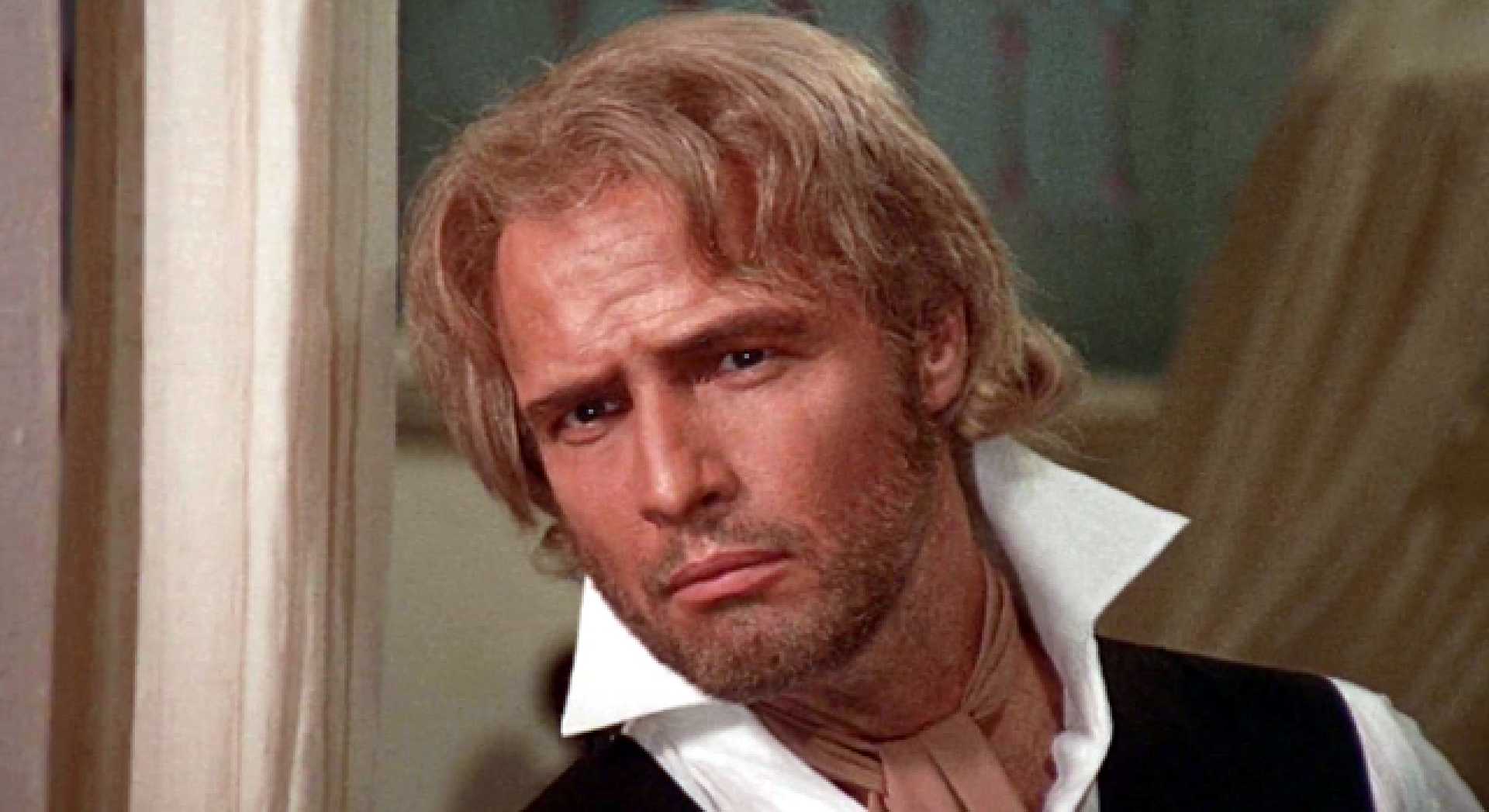Entertainment
Marlon Brando Reflects on Chaotic Film Collaborations

LOS ANGELES, CA — Marlon Brando, known for his iconic roles in films such as The Godfather and A Streetcar Named Desire, opened up about his experiences working under intense conditions in the film industry, particularly during the production of Burn! (1969), directed by Gillo Pontecorvo.
In a recent interview, Brando discussed the challenges he faced while filming on location in Colombia, emphasizing both the oppressive climate and the treatment of the cast and crew. He stated, ‘I found myself at odds with the Italians and angered by the way they were treating their Black co-stars and crew, who were paid significantly less than their white counterparts.’ These conditions sparked frustration and concern, prompting notable outbursts from Brando on set.
Brando was recorded expressing his intense displeasure, reportedly stating, ‘I want to kill Gillo. I really want to kill him,’ citing a lack of empathy from the director as a primary reason for his frustrations. ‘Because he has no fucking feelings for people,’ Brando explained.
Despite the difficulties encountered during the shoot, Brando acknowledged that Burn! features a critical narrative about colonialism and greed, highlighting its significance within his extensive filmography. While it is often overshadowed by his more well-known works, the film left a lasting impact on those involved in its production.
Brando’s outspoken nature regarding industry practices has been evident throughout his career, including his refusal to accept an Academy Award in 1973 to protest Hollywood’s portrayal of Native Americans. This act became one of the most controversial moments in Oscar history and further showcased his commitment to social issues.
During the production of Burn!, Brando advocated for better working conditions, standing up against inequality on set. His actions reflected a desire for change within the industry, as he recognized the poor treatment of workers across racial lines.
Brando’s reflections not only uncover the realities of filmmaking in previous decades but also highlight the ongoing discussions surrounding diversity and fairness in Hollywood. His legacy as a talented actor is further amplified by his willingness to confront industry norms, using his voice for advocacy in an often uncompromising environment.












